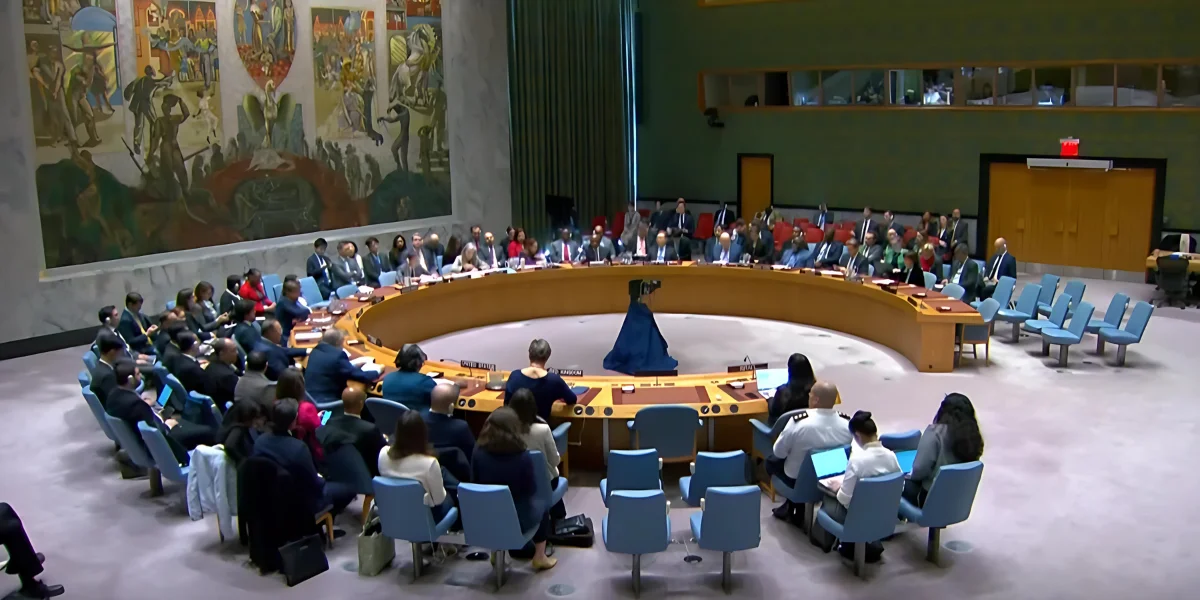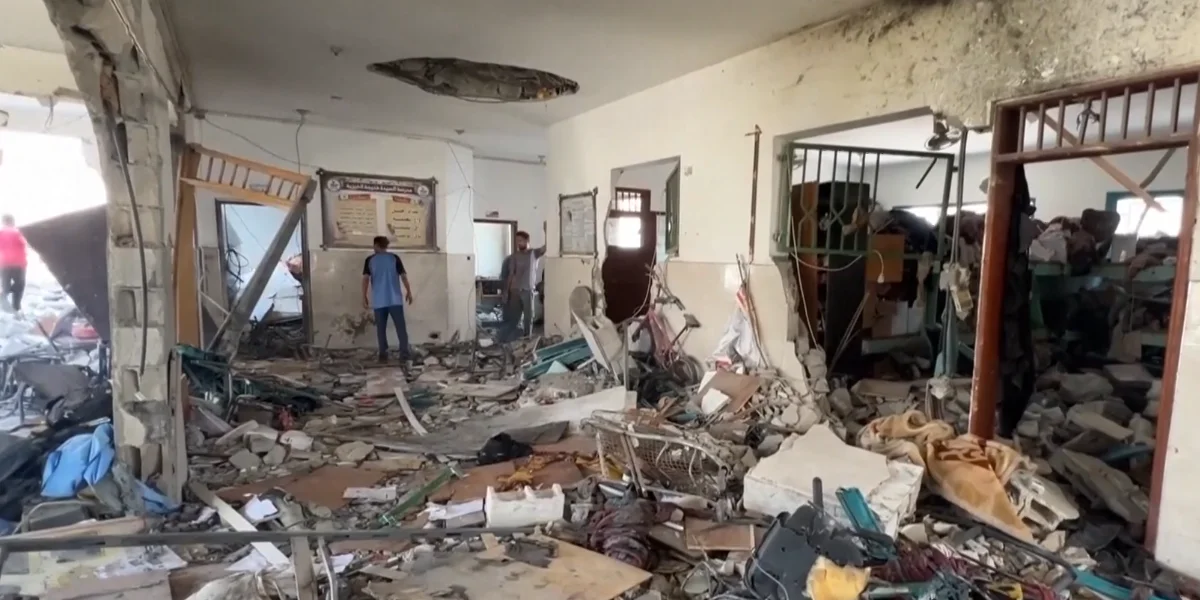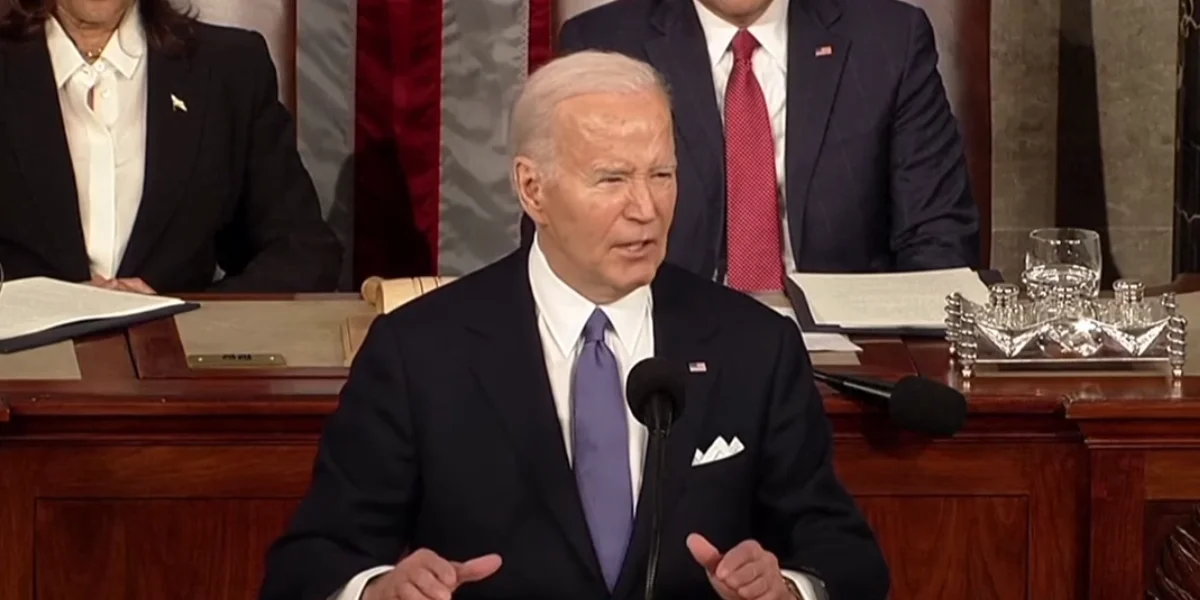U.S. puts forward final plan for a cease-fire in Gaza, hoping for agreement by next week

In an effort to prevent a larger regional conflict, the mediators—the United States, Egypt, and Qatar—announced on Friday that they will resume next week in Cairo with cease-fire talks aimed at ending the conflict in Gaza.
According to a joint statement from the US, Qatar, and Egypt, the goal of the "bridging proposal" that was made on Friday was to bridge the remaining gaps in the parties' disagreements.
The goal of the 10-month war and the release of several hostages were the goals of the latest round of negotiations, which got underway on Thursday. A possible agreement was viewed as the best chance to prevent an even more serious regional conflict. Although Hamas did not take part in the negotiations directly, it accuses Israel of adding on new demands to an earlier proposal that had the support of the United States and other countries and that Hamas had agreed to in principle.
Tensions in the region over a possible Iranian attack on Israel, which has the potential to derail already precarious negotiations, surrounded the two days of talks.
Sheikh Mohammed bin Jassim Al Thani, the prime minister of Qatar, CIA director Bill Burns, Mossad chief David Barnea, and Egyptian intelligence chief Abbas Kamel were among those in attendance on both days, according to a diplomatic source close to the negotiations.
The statement said the proposal “builds on the areas of agreement over the past week,” and “bridges remaining gaps in a manner that allows for a swift implementation of the deal.”
The strategy that President Joe Biden unveiled on May 31 has received the support of both parties in theory. But Israel has offered clarifications, and Hamas has offered revisions, so both sides have accused the other of attempting to sabotage a settlement.
Israel has made demands on Hamas that include a line dividing Gaza where it would examine Palestinians going back to their homes in order to remove militants and a permanent military presence along the border with Egypt. Hamas has rejected these demands.
Amidst the negotiations, the US claimed to have put out a plan that would close the distance between Israel and Hamas in order to achieve a cease-fire. This plan was supported by Egypt and Qatar, the principal mediators. It took some time to learn the proposal's specifics. "Serious, constructive, and conducted in a positive atmosphere" was how all three nations described the sessions in a joint statement.
Speaking ahead of the expected resumption of captive release negotiations in Cairo next week, US President Joe Biden voiced optimism about the status of the ceasefire. The odds of a settlement were "much, much closer than it was three days ago," he added, adding that "we are closer than we've ever been."
International mediators think that an agreement between Israel and Hamas to end hostilities and secure the release of Israeli hostages would be the best chance to reduce tensions.




